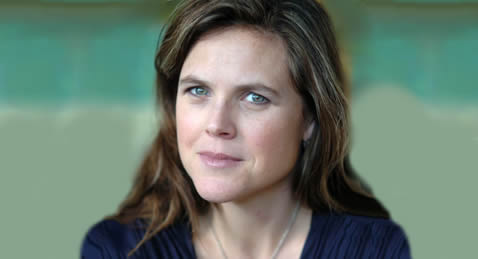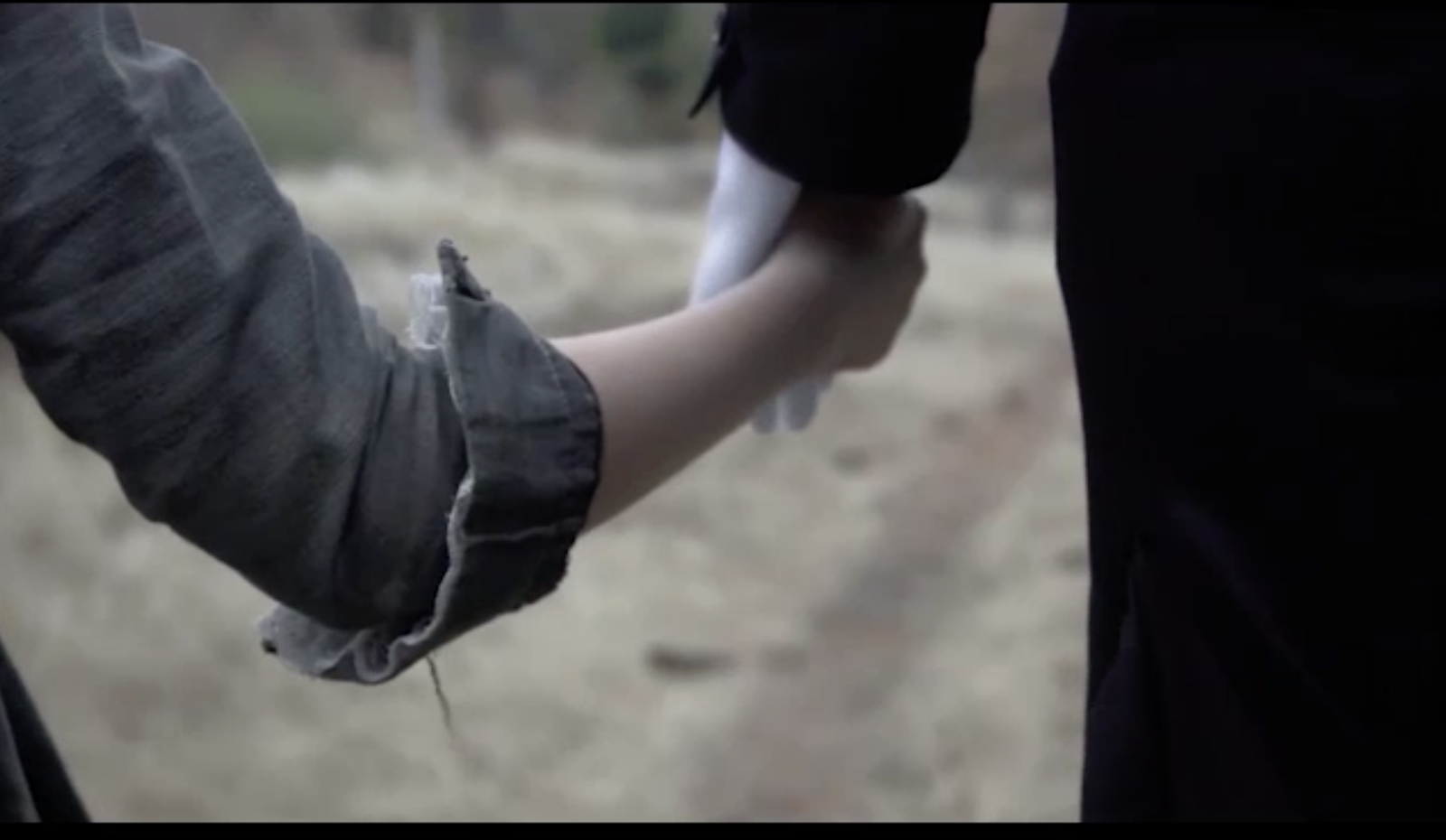5 Questions With...Irene Taylor Brodsky, director of BEWARE THE SLENDERMAN
/Journalist and documentarian, Irene Taylor Brodsky, turns a sensitive lens on an incendiary topic--juvenile criminal justice--in her latest documentary BEWARE THE SLENDERMAN. BTS chronicles the 2014 case of a pair of 12-year-old Wisconsin girls who attempted to murder their friend to appease the Slenderman, an Internet bogeyman they were convinced would otherwise harm their families. Brodsky is this year’s recipient of the Adrienne Shelly Foundation Excellence in Filmmaking Award. We recently spoke with her about this true crime drama that continues to unfold.
NFF: You have a background as both a documentarian and a journalist. As a true crime, this is a topic that likely pulled on your skills from both disciplines. Can you speak to the difference in telling a nonfiction story versus reporting on a crime?
Irene Taylor Brodsky: Well when you’re reporting you know you’ll be processing information quickly and publishing towards a deadline. When making a documentary you can take the time to watch things unfold, make a decision and handle things carefully. You can develop trust with your subjects and they can tell you things you don’t have to share right then. You can sit on things and not have to share them with the public. So I knew things before the public knew and didn’t have to reveal it. It’s key because you can get information and research things as a journalist, but you rarely get the time that a documentarian has to sit with the information and analyze it. It’s nice because you can develop an understanding of your subjects and not be an emissary to the public. Now this doesn’t make you an advocate for your subjects, but it is a benefit to be able to have time with the information you’re uncovering.
In this story, we were following a legal case and knew things would come out in the case, but I was able to talk with the parents about mental illness [with Morgan Geyser’s parents] before it was discussed in the case or publicly. It was clear once the outside world knew, even their understanding of their own daughter’s mental illness would change. My film has a first person perspective before everyone got a chance to chime in. This film is not looking at guilt or innocence but whether to be tried as an adult for an adult crime.
NFF: At a surface glance BTS may seem to be a film about the perils of online engagement, but you’re actually looking at very specific stories in Anissa and Morgan. It raises questions of mental health and teenagers’ specific vulnerability to influence. Talk about the challenges of covering such issues.
ITB: You know I think the documentary is both for parents and non-parents alike. It does address the horribly modern challenges we face raising kids in the age of the internet. ‘Horribly modern’ because we’ve already had TV, books, and recently films, but the internet is different. The internet is such an echo chamber, and you can always find someone to root on questionable behaviour.
As to the difficulty of addressing mental illness, the film is about brain development, that’s actually where the film initiated. It was born out of a lofty idea which we were unsure of how to tackle; and then this event happened and we saw it as the perfect vehicle to discuss the issues we’d intended to cover. This crime happened a couple of days after Morgan turned 12, so her and Anissa’s love affair with Slenderman happened when they were just 12; juveniles, whose brain development was still very much in flux. Juvenile justice is also at the heart of this story--that somehow children should be held to a different standard than adults.
NFF: You were able to speak with the girls’ parents about the worst day of their lives, and what is an ongoing nightmare. Talk about how you went about laying the groundwork of trust to enable such candor from them.
ITB: Well I never approached them physically or directly in court. I sent them letters and films I had done. I kept my letters brief because I didn’t know what the film would be at that point. My message was, “Don’t let me tell you to trust me; here’s my work.” As I mentioned earlier, unlike journalists who are working under deadline, I could tell them that what they would tell me wasn’t going to be made public immediately; I think that was helpful. I also reached out to their lawyers and sent the same messages. One family said it impressed them that the last film I’d done was “Grief Camp” (about a summer camp for children who were grieving for lost parents). It’d just won an Emmy for Best Kid’s Program and it helped that I had brought a different subject to light which showed how kids are not mini adults. Ultimately you’d have to ask them why they trusted me. I couldn’t have foreseen whether or not my approach would work.
NFF: What do you hope audiences will take away from screening BEWARE THE SLENDERMAN?
ITB: That this isn’t just a titillating story of childhood criminal activity. The film forces us to confront how we deal with the internet and it’s something we have to reckon with vis a viz our children. It’s a true crime story, but not a “who done it?” It’s a “why done it?” The legal posture of the case is not to ascertain guilt, but the level of the legal culpability that’s going to be ascribed.
NFF: Why should audiences come to see BEWARE THE SLENDERMAN at the Nantucket Film Festival?
ITB: I think it’s a confounding look at the internet universe, rooted in a very tragic story that maybe they can take something away from. You can dabble in theories about the role the internet plays in our lives, but this is a disturbing cautionary tale. Hopefully this event will be an enigmatic blip and not a heralding of things to come. As I said earlier, the internet is here and it’s a huge part of our lives and has a huge impact on our lives. We need to have manifold considerations--legally, morally, pragmatically--around its perils. And it has a great soundtrack!
BEWARE THE SLENDERMAN plays the Nantucket Film Festival tonight at 6:45pm. Irene is also a part of today's Morning Coffee With... at 9am, with Robert Greene, Barbara Kopple and Roger Ross Williams.






